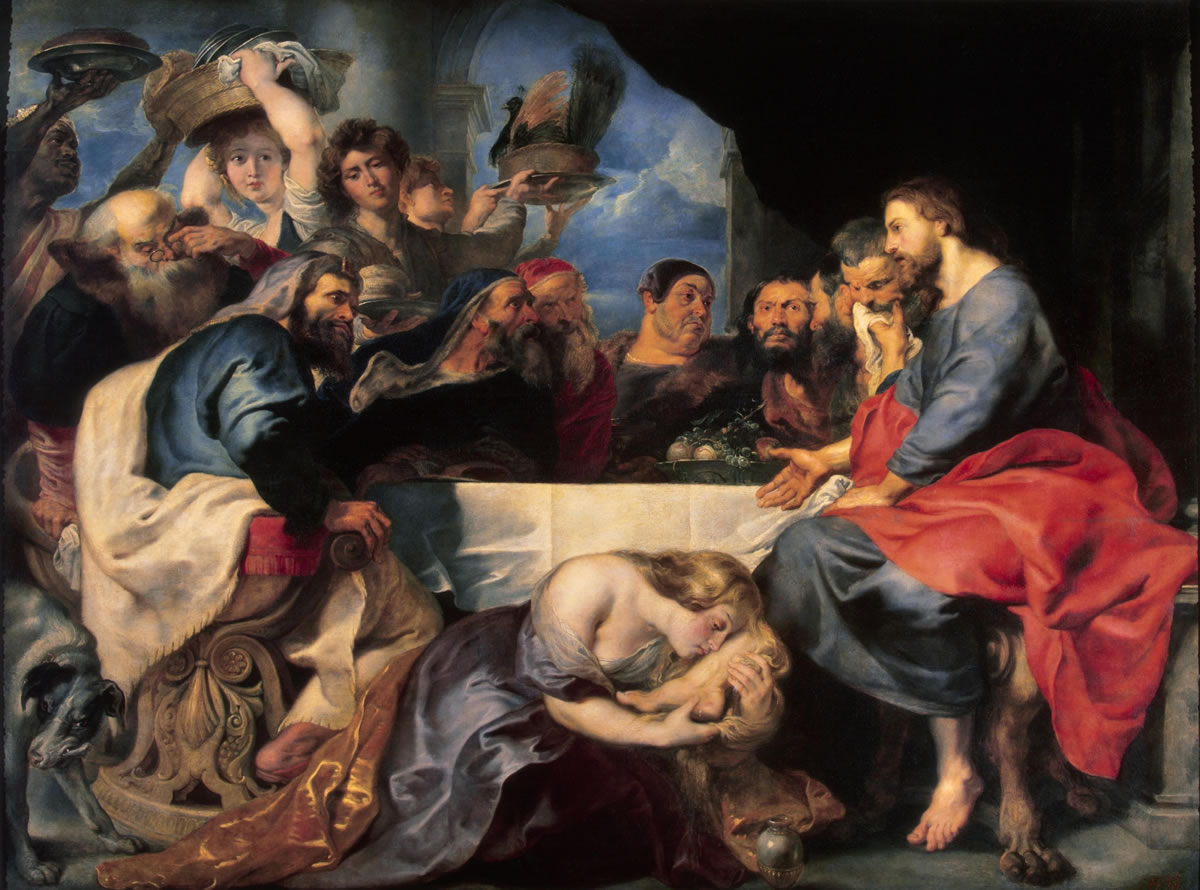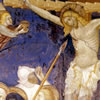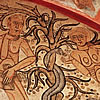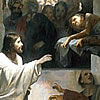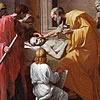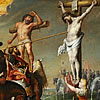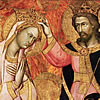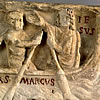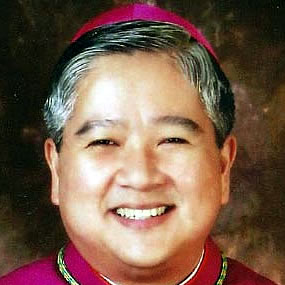Why can't the Father forgive us if we don't forgive others?
In the Our Father, we are taught that the verse, “forgive us our trespasses as we forgive those who trespass against us,” means God forgives us the way we forgive others. Why is that? Can’t God forgive regardless of what we do?
Certainly, God can forgive anyone anything – even the most heinous sins. He is all-loving and all-powerful after all. So when we say God can’t forgive us if we don’t forgive others, it isn’t a defect in his love, mercy, or power; the defect is in ourselves that prevents him from doing it. This is how it goes…
Since God is all-knowing, he is the one who can only judge fairly for he sees not just through our actions, but our motivations. Therefore, it is only he who can choose to forgive or not. Since God is all-loving, he is the only one who can judge without bias. We cannot do that because our fallen nature is tainted. This means to proclaim a sentence on anyone is God’s prerogative, and it is his alone.
The default for the rest of us, who don’t have this privilege, is to forgive others. When we choose not to forgive someone, we assume God’s right. In effect, we are removing God from his position and putting ourselves in his place. When that happens, we no longer provide God any space in our lives. And God, fully loving us and respecting our free will, give us what we want – a life where he is not our God. When he is no longer our God, he can’t forgive us only because we won’t allow him to. He will not interfere with what we want. It’s as simple as that. This is the same explanation for every sin against the Holy Spirit that “cannot be forgiven.” There is no sin God cannot forgive, but it is through our own defect that prevents God from forgiving us.
Forgiving others is not easy, especially when we are emotionally scarred beyond recognition. We, who do not deserve God’s forgiveness, still get it even if our sins have scarred us so we no longer look like children of God. If he blinds himself so he can “see” through our scars, who are we to do otherwise.
The act of forgiving will not come suddenly; it is a virtue that has to be formed. The best way to start is by forgiving others, without fanfare, in the little things that don’t really harm us. When someone forgets to call us back, let it go. When your partner forgets to take out the laundry from the washing machine, let it go. When your son or daughter forgets to pass by the grocery as you asked, let it go. (When actions of others can be harmful, then you do have the responsibility to correct it, but always do it from a place of love, not anger or revenge.)
Start forgiving others today! If you are holding a grudge against someone, let it go. Be the first to wave the olive branch of peace and reconciliation.

100 Things Every Catholic Should Know
Whether or not you are new to the Catholic Church, or struggling, or lapsed, or dynamically involved, this book will enlighten you with the essentials of the Faith that have been handed down to us by the apostles.
Each of the 100 topics is easy to read and distilled into bite-sized portions. Through cross-referencing, the book also shows how the topics are interrelated. Those who are new to the Faith will find this book an edifying handy reference, and those who have simply forgotten will find it a great review material that might spark a new love for God and religion.
Get your copy now either in Hardbound, Paperback, or Kindle

A Sky Full of Stars
Know Our Lady through her Titles in the Litany
The Church helps us understand who Mary is by honoring her with different titles in the Litany of the Blessed Virgin Mary. Unfortunately, over time and difference of culture, we might not grasp what it is the Church is ascribing to her and lose that opportinity to get to know her.
In A Sky Full of Stars, each title of the Litany is explained so we get know Mary more and fall in love with her all over again.
Get your copy now either in Hardbound, Paperback, or Kindle
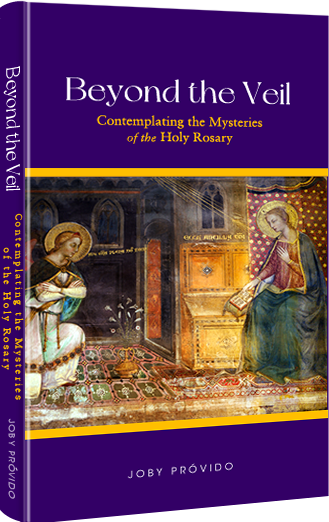
Beyond the Veil
Contemplating the Mysteries of the Holy Rosary
Prayer giants like Pope St. John Paul II, Pope Paul VI, Bl. Archbishop Fulton Sheen, and Bishop Robert Baron advocate that we contemplate on the mysteries of the rosary while we say the vocal prayers. Unfortunately, there are not many books that teach us how to do this. Beyond the Veil comes to the rescue by suggesting seven ways we can pray the rosary the way it was intended.
The larger part of the book offers mental images for each of the mysteries we can use in our contemplation, for how can we imagine the scenes in the rosary if we don't know about them?
Get your copy now either in Hardbound, Paperback, or Kindle

Typology for Beginners
A Catholic Perspective on understanding the New Testament through the Old Testament
First-century Jews converted to Christianity in droves because of the way the New Testament was written to show Jesus was the Messiah promised by the Old Testament. We also learn about how Mary is the New Eve and the Ark of the Covenant in the way the writers portray her.
Through typology, the patterns that connect the Old and New Testaments make the Bible stories more accessible so that one becomes excited to read Sacred Scripture again.
Get your copy now either in Hardbound, Paperback, or Kindle


